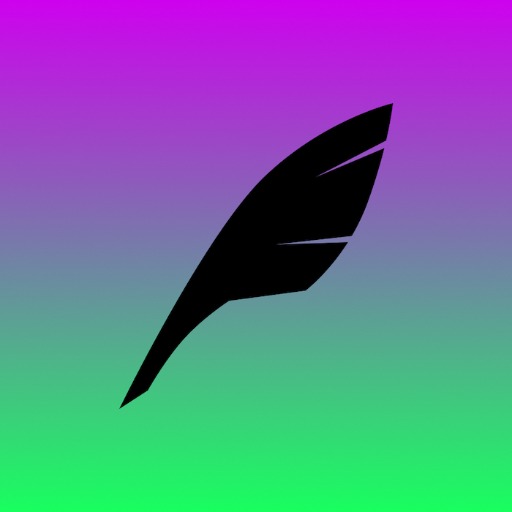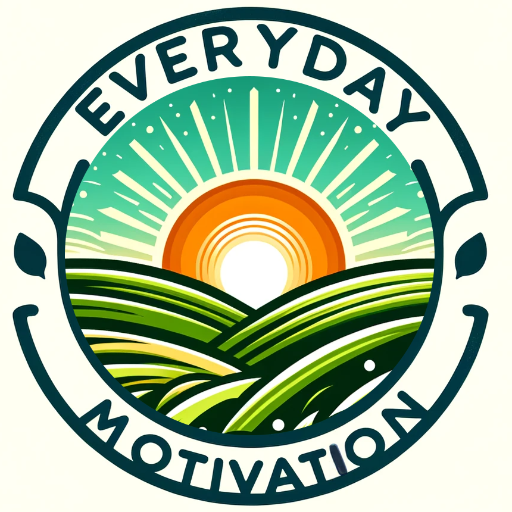Poetry-poetry creation and analysis
AI-powered poetry generation and analysis.
🇺🇸 Craft a poem for Memorial Day
🌊 Generate a sonnet about the sea
🧠 Write a poem for Mental Health Awareness Month
📜 Generate an ode about friendship
🔍 Analyze the symbolism in this epic poem
🌿 Write a haiku about nature
🎨 Describe the mood of this poem
Related Tools
Load More
Deep Things | Learning with Books, Poetry, Quotes
Deeper dives into reality through reading, quotes, stories, images and anything else you think about. Poem Generator. Deep Thoughts. Book Summaries. Writes narratives, novels, poems, plays and more.

Deep Poetry
Analyzes poems, suggests improvements, quantifies depth score, demarcates rhymes, literary terms, and syllable stress. Includes scansion markup to highlight a poem's pattern of stressed and unstressed syllables.

Poem Writer
Poem Writer is a creative AI poem writer that helps you effortlessly write a poem on any theme. Ideal for poetry enthusiasts and writers, it generates beautiful, stylistically diverse poems, making it a perfect tool for anyone looking to express creativel

Verse Poetry Companion
A muse for your poetry journey

Rhymes, the Poetry Critic
A personal AI poetry assistant specializing in free verse.

Poet of the Sharpest Pen
Satirical poet blending humor with intellectual insight.
20.0 / 5 (200 votes)
Introduction to Poetry
Poetry is a specialized tool designed to assist users in crafting, analyzing, and appreciating various forms and styles of poetry. It combines traditional poetic education with innovative technologies, allowing users to generate poems from photos, analyze poems from images, and gain a deep understanding of poetic devices, forms, and history. For example, Poetry can help a user create a sonnet inspired by a landscape photo, analyze the rhyme scheme and meter of a photographed poem, or explain the cultural context of a specific poetic form like the haiku.

Main Functions of Poetry
Poem Generation from Photos
Example
A user uploads a photo of a serene beach sunset. Poetry analyzes the mood, themes, and visual elements of the image, then generates a free verse poem capturing the tranquility and beauty of the scene.
Scenario
A photography enthusiast wants to pair their images with original poems for a personal blog.
Poem Analysis from Images
Example
A user photographs a poem from an old anthology. Poetry uses OCR technology to extract the text and provides a detailed analysis of the poem's meter, rhyme scheme, and figurative language.
Scenario
A literature student needs to analyze a poem for a class assignment but only has a printed copy.
Poetic Education and Feedback
Example
A user writes a villanelle and seeks feedback. Poetry reviews the poem, offering constructive critiques on adherence to form, use of literary devices, and overall impact.
Scenario
An aspiring poet wants to improve their craft by understanding the strengths and weaknesses of their work.
Ideal Users of Poetry Services
Students
Students studying literature or creative writing can greatly benefit from Poetry. It provides them with tools to analyze and create poems, understand complex poetic forms, and receive personalized feedback to enhance their learning experience.
Writers and Poets
Aspiring and professional writers and poets can use Poetry to generate inspiration, refine their work, and explore different poetic styles. The tool helps them experiment with new forms, improve their technical skills, and receive detailed critiques on their poetry.

How to Use Poetry
1
Visit aichatonline.org for a free trial without login, also no need for ChatGPT Plus.
2
Upload your photos or text documents to generate or analyze poetry. Ensure the content is clear and readable for best results.
3
Specify your preferences, such as the style, form, and themes of the poetry you are interested in or want to create.
4
Engage with the tool's features to craft, analyze, or appreciate poems. Use the educational resources available for deeper understanding.
5
Save and share your generated poems or analysis for personal use or academic purposes. Provide feedback to improve the experience.
Try other advanced and practical GPTs
Purchasing Manager
AI-powered procurement insights for better pricing.

Word Count
AI-powered word count and analysis.

Motivation Coach 🍀
AI-powered personal growth and wellbeing tool.
Everyday Motivation
AI-powered motivation and reflection tool

Tech Lead
AI-Powered Software Engineering Guidance
Rate Me
AI-powered facial and style enhancement

Poetry from the Heart
Custom AI-driven poems and illustrations.

Increase Image Resolution
AI-powered Image Enhancement Made Easy

Weed Wizard
AI-driven cannabis insights and more

Pull Request Detailer
AI-powered summaries of code changes.

Material Master
AI-powered submittals for construction professionals.

React Material UI Expert
AI-powered Material-UI guidance for React developers.

- Creative Writing
- Personal Projects
- Poetry Analysis
- Literary Studies
- Classroom Teaching
Detailed Q&A about Poetry
What types of poems can I create with Poetry?
You can create a wide range of poems including sonnets, free verse, haikus, ballads, and more. The tool allows customization based on form, style, and themes.
Can I analyze existing poems with Poetry?
Yes, you can upload images or text of existing poems to get detailed analysis on poetic devices, themes, rhyme schemes, and historical context.
How does Poetry ensure originality?
Poetry uses advanced algorithms to generate unique content based on user inputs and preferences, ensuring that each creation is original and plagiarism-free.
What educational resources does Poetry provide?
Poetry offers comprehensive guides on poetic forms, devices, and history, as well as interactive tutorials to enhance your understanding and appreciation of poetry.
Is Poetry suitable for beginners?
Absolutely. Poetry is designed to cater to all levels of expertise, providing beginner-friendly interfaces and resources, while also offering advanced features for seasoned poets.